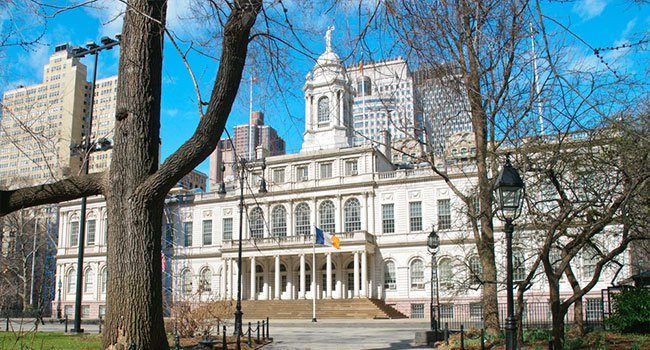
New York City Considers Legislation To Regulate Facial Recognition Use By Businesses, Property Owners
Lawmakers in the city are not advocating outright bans, but say that regulation is necessary to know how police and business owners are using the software.
- By Haley Samsel
- Oct 23, 2019
Spurred by the use of facial recognition software in Madison Square Garden, new legislation proposed by the New York City Council could bring regulation of the technology to the country’s largest metropolitan area.
Interestingly, lawmakers in the city are taking a different approach to facial recognition than their counterparts in three California cities and one Massachusetts town, where the use of the software by police and public agencies is now banned.
New York City Councilman Ritchie Torres, who introduced a bill that would require businesses to notify customers that they are using facial recognition, said he is cautioning legislators to “tread carefully rather than going too far” by banning it.
“There are legitimate concerns but we should not allow those concerns to become a massive failure of legislative overreaction,” Torres told CQ Roll Call, adding that the tech could be very useful for security and other purposes.
Torres, a Democrat running for a Congressional seat, also wants businesses to have to disclose how they are storing facial data and if it is sold to third parties. There is a second bill under consideration that would affect property owners, requiring them to register their use of the software and any other biometric tools with the city, according to Roll Call.
In turn, the city would have to create and maintain a database of all buildings in New York that use facial recognition, allowing the public to view the list.
While Torres supports this bill, he said the legislation has a more complicated path to being passed than his more moderate measure. The legislation would likely face opposition from city officials and property organizations that want to continue use of the tech for security purposes.
Concerns about facial recognition range from their higher rates of inaccuracy when identifying people of color and women to its use by police to monitor public areas and make arrests for violent crimes. Torres said that it’s “fair game” for the council to know how the New York Police Department is using facial recognition to secure the city.
“We have a right to know the nature and extent of the NYPD’s surveillance of the general public,” he told Roll Call.
The debate in New York reflects the national conversation about facial recognition that has heated up in the past year. In just the last week, the city of Berkeley, California banned its use by police and government agencies as the Security Industry Association and other organizations sent a letter to Congressional leaders outlining the history of facial recognition and potential areas for regulation. The letter urged regulation and protections for civil liberties over outright bans, as some legislators have advocated.
“We are concerned that a moratorium on the use of facial recognition technology wouldbe premature and have unintended consequences not only for innovation, safety, and security but for the continued improvement of the technology’s accuracy and effectiveness,” the letter reads. “Instead, we urge Congress to collaborate with all stakeholders to address concerns raised by facial recognition technology and provide a consistent set of rules across the United States.”
About the Author
Haley Samsel is an Associate Content Editor for the Infrastructure Solutions Group at 1105 Media.